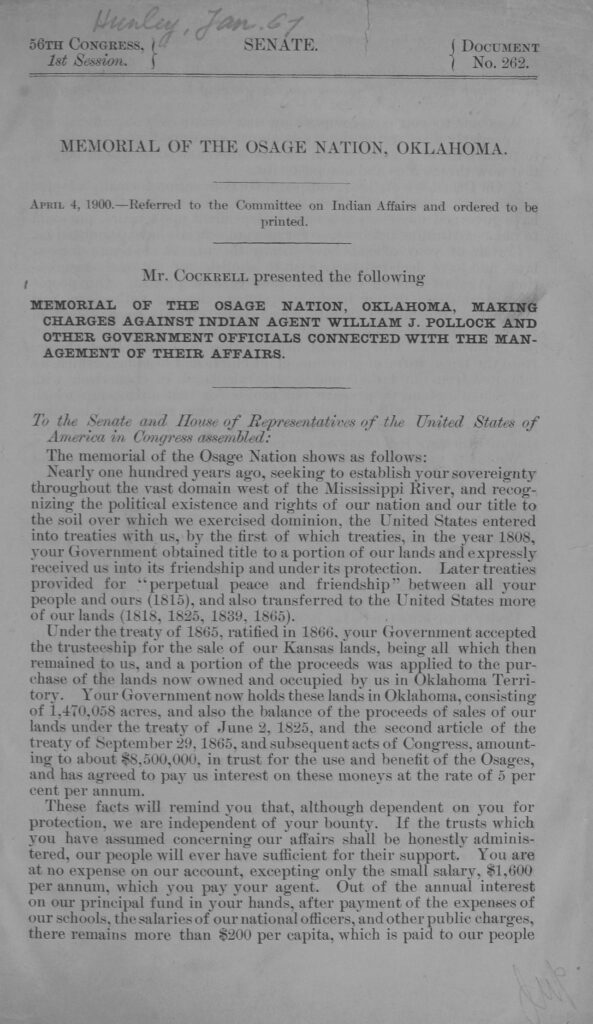| By Gale Staff |
November is Native American Heritage Month. This is a time to celebrate Native American history and culture while also exploring the ongoing contributions, trials, and triumphs of first nations and indigenous peoples across North America. Invite students, faculty, and staff into the conversation and set a precedent of inclusivity and curiosity toward under-represented groups that will strengthen your campus community.
All institutions and leaders are encouraged to participate, developing themed programs and educating your institution. You don’t have to be the expert—college librarians can confidently turn to Gale’s Indigenous Peoples of North America database for a comprehensive collection of exceptional primary source materials. Gale’s expert team sources and vets this unique compilation, so your campus community can confidently access its contents without fear of misinformation.
Explore Native American Stories
Primary sources found within Indigenous Peoples of North America showcase real, often emotional accounts from a first-person perspective. For example, while the collection houses congressional documents related to tribal lands and culture, users can also review the declarations made by tribal leaders. Beyond government-related discourse, Indigenous people printed their own newsletters and periodicals, resources often neglected in historical research. Users can read about major U.S. events through the eyes of those most affected.
In addition to these multi-dimensional reports and articles, researchers can find more detailed, intimate reflections on tribal culture. Discover 19th-century poetry and songs from the Wabanaki tribe. Learn about Native American sports and leisure, contests, and herbal remedies from The Society of Nova Scotia. Readers will find details and personal anecdotes that enrich their academic study and deepen their appreciation for North America’s Indigenous and First Nations peoples.
Reconsider Thanksgiving Traditions
Traditional retellings of the first Thanksgiving often fail to depict the injustice and violence that the Wampanoag people faced. Gale’s Indigenous Peoples of North America collection strives to offer a more inclusive perspective, including first-person accounts from Wampanoag leaders reflecting on the troubled interactions between the indigenous communities of present-day Massachusetts and the European settlers. For example, some Native American communities observe a National Day of Mourning instead of the Thanksgiving holiday. Other tribal members participated (and continue to engage) in protests at Plymouth Rock.
These discussions are not meant to detract from people’s celebrations during the holiday season, but to create a space where all voices are welcome. Gale’s anthology offers different views on the Thanksgiving holiday, encouraging users to challenge their personal opinions and appreciate minority views as much as the dominant narrative. These contradictions encourage users to reflect and develop a more robust approach to their scholarship.
Enrich Research on Native American History
The Indigenous Peoples of North America database is a valuable research tool. The collection contains materials representing a range of perspectives, including those of early European settlers, government agencies, anthropologists and other scholars, and of course indigenous individuals and organizations. Historical primary sources are particularly useful for research; they provide authentic and personal information from people who experienced a particular event. Of course, readers and researchers should be mindful that all primary sources reflect a person’s or a people’s point of view. It’s important that we think critically about a text’s biases and reliability.
Many U.S. students learn about injustices that have occurred to Native Americans. Still, it’s often in the context of 19th-century laws like the Indian Removal Act of 1830 and the Dawes Act of 1887, legislation that forcibly removed Native American people from their lands. However, your students will find a multitude of accounts of unfair treatment throughout the 20th century and today. Find stories from the 1970s, when tribes attempted to reclaim and receive reimbursement for their stolen land only to discover the government wouldn’t pay in full. Learn about the many traditional Native American practices banned until the 1980s, and how tribal members continue to face discrimination and violence. Anthologies like Gale’s Indigenous Peoples of North America strive to preserve and acknowledge this history.
This November, give your college students a rare and valuable perspective into Native American history and traditions. Help raise awareness for this often underrepresented but extraordinary piece of the country’s foundations. If your college or university is not a Gale subscriber, contact your local representative to learn more about Gale’s Indigenous Peoples of North America database and other collections. Until then, learn more about Native American Heritage Month through the Library of Congress site.




